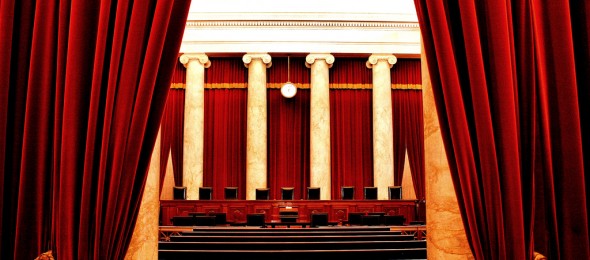Today, the United States Supreme Court will hear oral argument regarding whether a collective action ban included in an employer’s arbitration agreement is lawful under the National Labor Relations Act. The high court is considering three consolidated cases in order to resolve a circuit split on the issue: NLRB v. Murphy Oil USA, No. 16-307 (5th Cir., October 26, 2015), Epic Systems Corp. v. Lewis, No. 16-285 (7th Cir., May 26, 2016), and Ernst & Young, et al. v. Morris, No. 16-300 (9th Cir., August 22, 2016). Previously, the Seventh and Ninth Circuits both sided with the National Labor Relations Board (“NLRB”) and ruled a class-action ban included in an employment contract violates the Act. In contrast, the Fifth Circuit rejected the NLRB’s efforts to ban collective action arbitration waivers in Murphy Oil.
The question presented to the Supreme Court is:
Whether arbitration agreements with individual employees that bar them from pursuing work-related claims on a collective or class basis in any forum are prohibited as an unfair labor practice under 29 U.S.C. 158(a)(1), because they limit the employees’ right under the National Labor Relations Act to engage in “concerted activities” in pursuit of their “mutual aid or protection,” 29 U.S.C. 157, and are therefore unenforceable under the saving clause of the Federal Arbitration Act, 9 U.S.C. 2.
You may view the oral argument transcript on the court’s website this afternoon. In addition, an audio recording of the one-hour session will be available to the public on Friday.
Photo credit: Phil Roeder via Foter.com / CC BY














